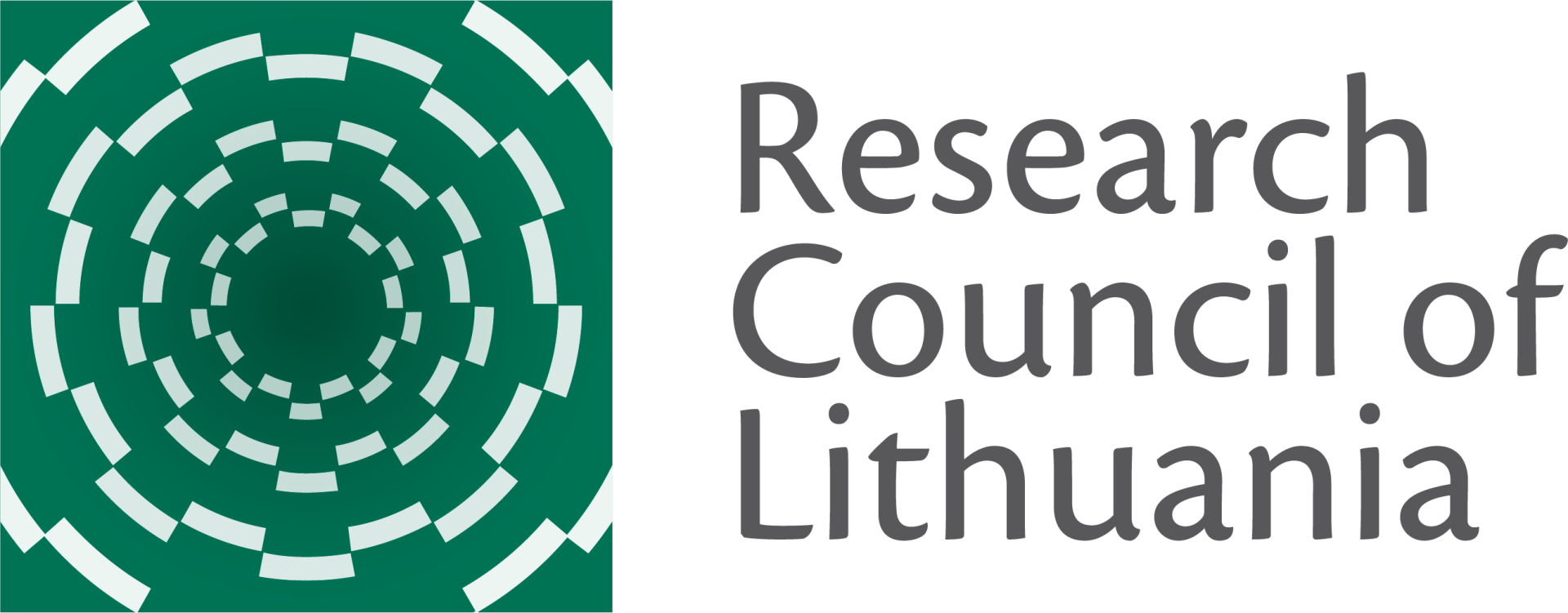Project idea
The goal of the project is to initiate a dialogue between Robert Spaemann and Hannah Arendt – two thinkers who sought for a constructive alternative to modern thought about the relationship between morality and politics. Their insights on moral and political ontologies are brought together to articulate an integral explanation of
the moral and the political in the concept of a person. The aim of this integration of Spaemann’s and Arendt’s ideas is to advance a new perspective on the complexities of Western and Lithuanian modernities, at the centre of which lies the fundamental problem of morality and politics. This conceptual strategy allows one to develop
Stasys Šalkauskis‘ and Antanas Maceina‘s personalist conceptions of morality and politics.
Main goals of the project:
1. Based on the philosophical perspectives of Robert Spaemann and Hannah Arendt, examine the problem of the relationship between morality and politics. This goal is achieved by elaborating an ontological mode of explanation and the concept of a person as the philosophical basis of the ontological framework.
2. Comparing Spaemann‘s and Arendt‘s conceptions of, respectively, moral and political ontology, formulate a comprehensive notion of personhood which would integrate the political and the moral.
3. By conceptualizing Spaemann’s and Arendt’s moral and political ontologies, analyse and deepen Šalkauskis’ and Maceina’s conception of a person. In this way, we formulate a new perspective on these authors’ critique of modernity and highlight the importance of the relationship between morality and politics in understanding their insights on modern thinking.
The material outcome of the project is a book tentatively called “Politics and Morality: An Ontological Perspective”.








